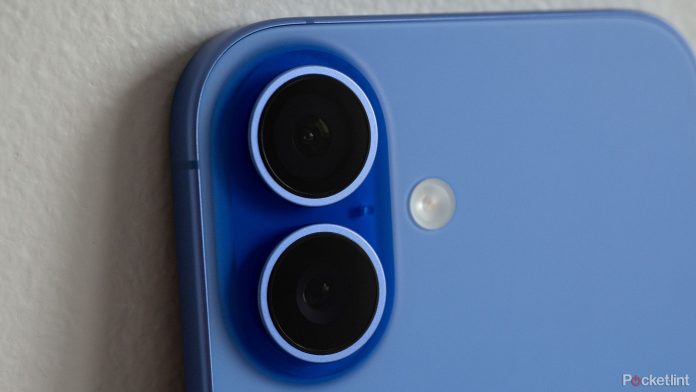Key Takeaways
- iOS 18’s reboot security feature activates after 72 hours, protecting sensitive data on an iPhone.
- The reboot puts an iPhone in a “Before First Unlock” state, making it harder to access encrypted data.
- Law enforcement may find it challenging to access data after an inactivity reboot, but it doesn’t make the iPhone impenetrable.
Apple is constantly working on iPhone security with every iOS update, and iOS 18 is no exception. The latest OS update includes a new security feature that reboots the phone if it hasn’t been unlocked for 72 hours, according to security experts.
404Media recently reported that law enforcement officials expressed concerns over the iPhone rebooting automatically, making it more difficult for them to get access to the device and extract data from it. Now we know why. A video posted on X by Jiska Classen, a security researcher, shows the iPhone’s new “inactivity reboot” feature in action (via TechCrunch).
Related
Google is finally bringing its dedicated Gemini app to the iPhone
After a surprisingly long period of radio silence, Google’s Gemini app is finally coming to the iPhone.
How inactivity reboot protects your iPhone
Your data will be more protected if your phone is lost or stolen
This new “inactivity reboot” feature Apple has implemented makes the iPhone more secure by putting it in a “Before First Unlock” (BFU) state. Many of us have actually seen this state before because it’s the screen you see when you restart your phone after a software update. In a BFU state, your data is more encrypted and your phone can only be unlocked with your passcode and not Face ID. The alternative state is “After First Unlock” (AFU). In this state, specific data becomes unencrypted and more accessible — even if the phone is still locked.
“Inactivity reboot puts your iPhone into “Before First Unlock” state, effectively locking encryption keys in the Secure Enclave Processor,” Classen said on X. “Even if thieves leave your iPhone powered on for a long time, they won’t be able to unlock it with cheaper, outdated forensic tooling.”
While this 72 hour reboot further protects your iPhone, it doesn’t make it impenetrable. Classen notes that while it makes it more challenging for law enforcement to access data on phones, it doesn’t make it impossible. Three days is still a lot of time to coordinate steps with professionals to access the device if needed.
However, if a thief makes off with your iPhone or you lose it, this feature might bring you a bit more peace of mind. In the event you lose your iPhone, you can also mark it as lost in the Find My app.

Related
Apple’s AI summaries are hilariously bad sometimes
iOS 18’s new AI notification summaries are an amusing disaster, and I never want to turn the feature off again.



